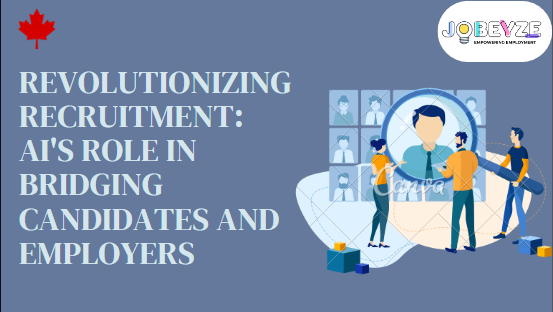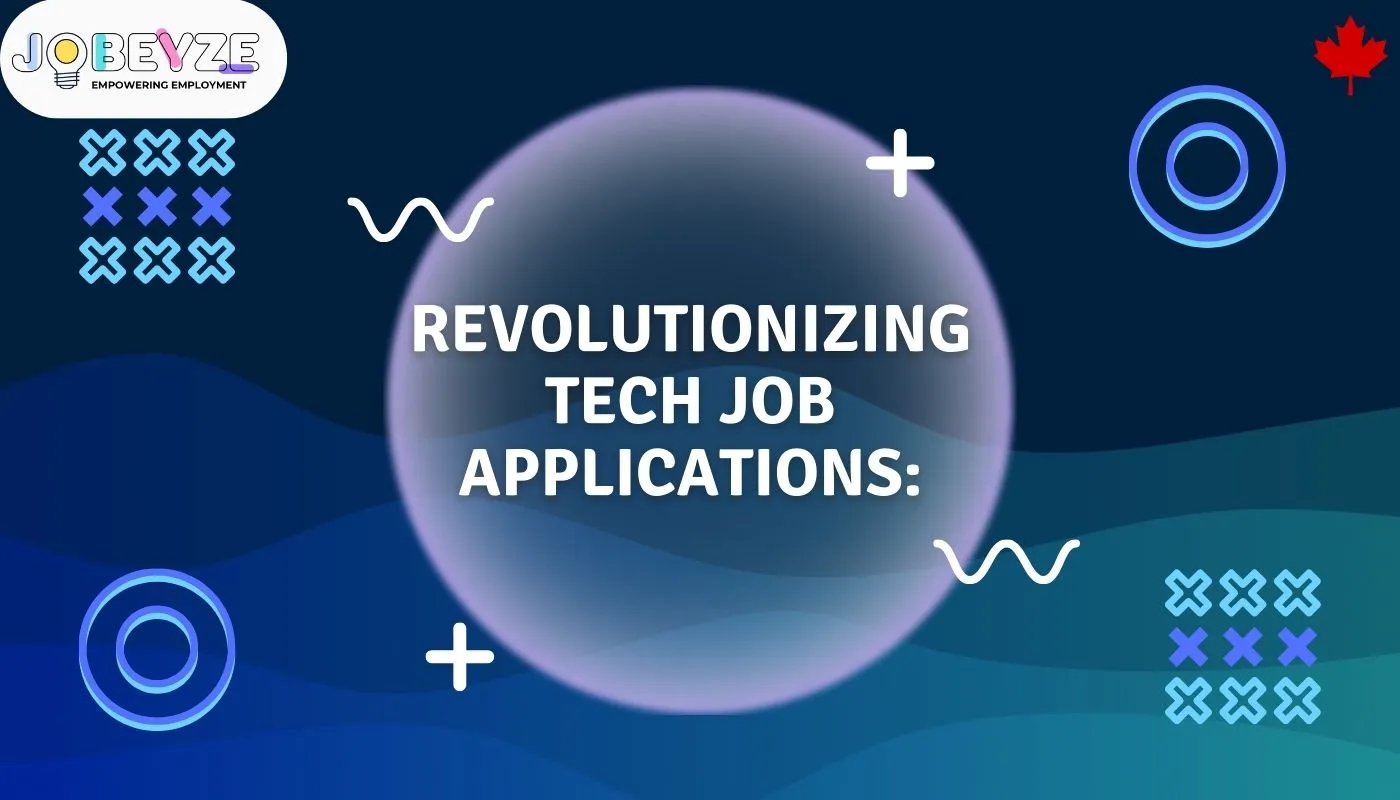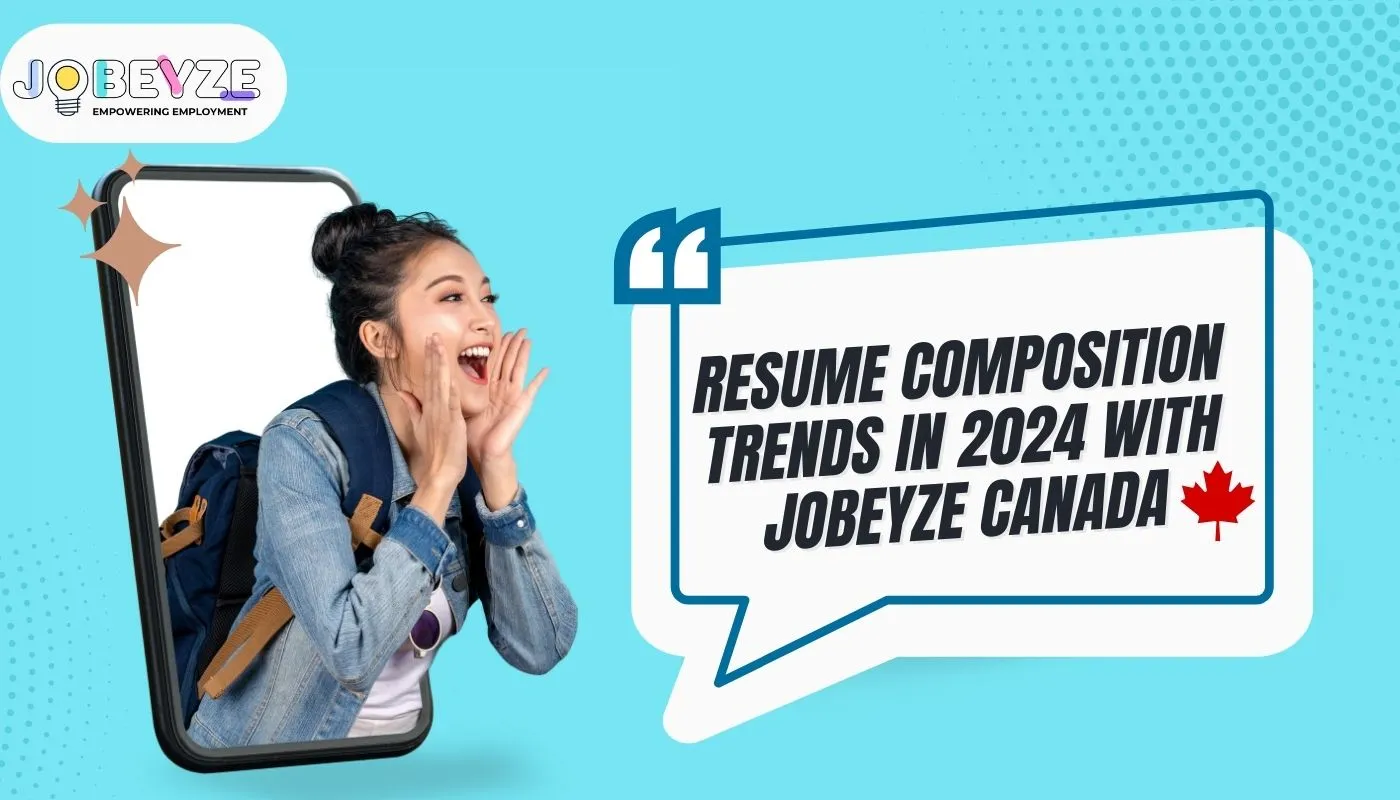In the rapidly evolving world of work, Artificial Intelligence (AI) is transforming the recruitment landscape, offering innovative solutions to age-old challenges in connecting job seekers with employers. This technological revolution is not just about automating tasks; it’s about enhancing the efficiency, accuracy, and fairness of the recruitment process. From sophisticated algorithms that match resumes with job descriptions to chatbots that provide real-time communication with candidates, AI is reshaping how employers and job seekers find each other in a crowded marketplace.
The AI-Driven Recruitment Landscape
AI’s integration into the recruitment process is multifaceted, touching on every aspect from the initial job search to the final hiring decision. Here are some key areas where AI is making an impact:
1. Automated Candidate Sourcing: AI algorithms can scan through thousands of profiles on job boards and social media to identify candidates who best match the job criteria, significantly reducing the time and effort required for talent sourcing.
2. Enhanced Resume Screening: AI tools are capable of analyzing resumes and applications at scale, identifying key skills, experience, and qualifications that align with the job requirements. This not only speeds up the screening process but also helps reduce unconscious bias by focusing on merit-based criteria.
3. Predictive Analytics: By leveraging vast amounts of data, AI can predict candidate success, helping employers make more informed hiring decisions. Factors such as a candidate’s work history, skill set, and even social media activity can be analyzed to forecast job performance.
4. Improved Candidate Experience: AI-powered chatbots and virtual assistants provide candidates with instant responses to inquiries, guide them through the application process, and offer personalized feedback. This level of engagement helps improve the overall candidate experience, making the process more interactive and accessible.
5. Efficient Interview Scheduling: Coordinating interviews can be a time-consuming task, but AI-driven tools can automate this process, matching availability and preferences of both candidates and interviewers to schedule meetings without the back-and-forth emails.
The Benefits of AI in Recruitment
The adoption of AI in recruitment processes offers numerous benefits for both employers and candidates:
For Employers: AI streamlines the recruitment process, saving time and resources. It enhances the quality of hires by ensuring candidates are matched to roles based on their skills and potential. Moreover, it contributes to diversity and inclusion by minimizing human biases in the screening process.
For Candidates: AI provides a more engaging and responsive application process. Candidates receive timely updates and feedback, helping them understand where they stand in the recruitment process. Furthermore, AI’s ability to match candidates with roles that truly fit their skillset and career aspirations increases the chances of a successful employment outcome.
Challenges and Ethical Considerations
Despite its advantages, the integration of AI into recruitment raises ethical and practical challenges. Data privacy concerns, the risk of algorithmic bias, and the need for transparency in AI decision-making processes are critical issues that need to be addressed. Employers and AI developers must work together to ensure that AI tools are used responsibly, with a clear understanding of their limitations and a commitment to ethical standards.
The Future of AI in Recruitment
As AI technology continues to advance, its role in recruitment is set to grow even more significant. Future developments may include more sophisticated AI algorithms capable of assessing a candidate’s cultural fit, emotional intelligence, and even potential for growth. However, the human element of recruitment will remain indispensable. AI tools are most effective when they complement human decision-making, allowing recruiters to focus on the personal and strategic aspects of hiring.
Conclusion
AI is revolutionizing the recruitment process, bringing efficiency, accuracy, and a new level of sophistication to how employers and candidates connect. By embracing AI, companies can enhance their recruitment strategies, making them more competitive in the quest for top talent. However, the journey toward fully AI-driven recruitment is a collaborative effort, requiring careful consideration of ethical implications and a commitment to continuous improvement. As we look to the future, the integration of AI in recruitment processes promises not just to change how we hire, but also to improve the quality and fairness of employment opportunities for all.






